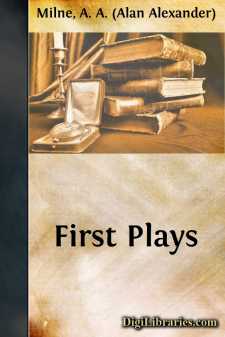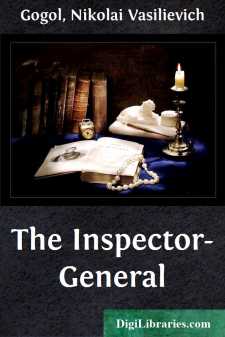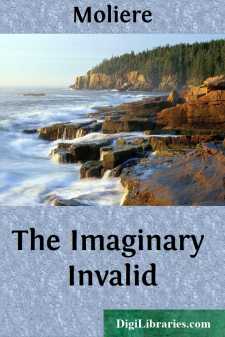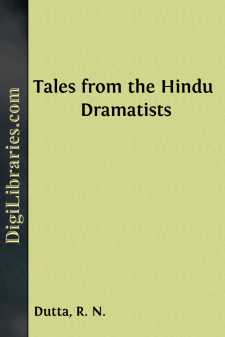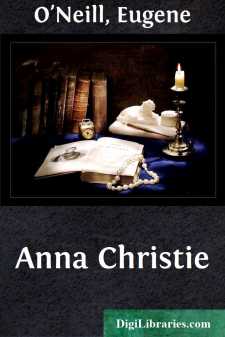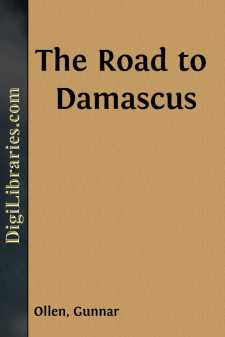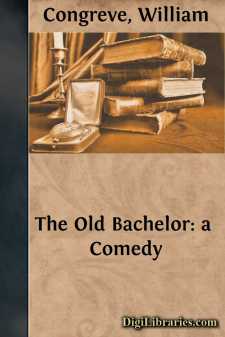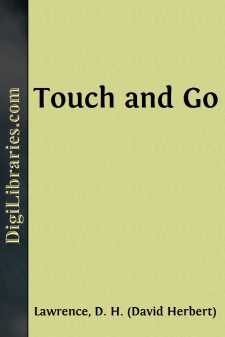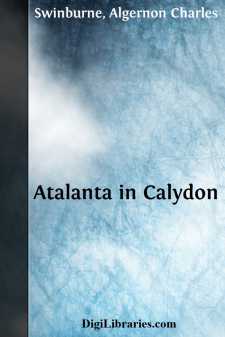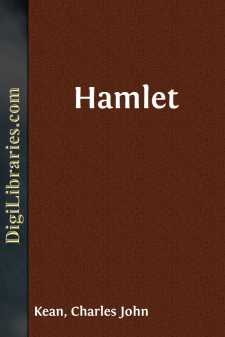Drama Books
Sort by:
INTRODUCTION These five plays were written, in the order in which they appear now, during the years 1916 and 1917. They would hardly have been written had it not been for the war, although only one of them is concerned with that subject. To his other responsibilities the Kaiser now adds this volume. For these plays were not the work of a professional writer, but the recreation of a (temporary)...
more...
INTRODUCTION The Inspector-General is a national institution. To place a purely literary valuation upon it and call it the greatest of Russian comedies would not convey the significance of its position either in Russian literature or in Russian life itself. There is no other single work in the modern literature of any language that carries with it the wealth of associations which the Inspector-General...
more...
by:
Moliere
ACT I. SCENE I.——ARGAN (sitting at a table, adding up his apothecary's bill with counters). Arg. Three and two make five, and five make ten, and ten make twenty. "Item, on the 24th, a small, insinuative clyster, preparative and gentle, to soften, moisten, and refresh the bowels of Mr. Argan." What I like about Mr. Fleurant, my apothecary, is that his bills are always civil. "The...
more...
by:
R. N. Dutta
SAKUNTALA or THE LOST RING. In ancient days, there was a mighty king of the Lunar dynasty by name Dushyanta. He was the king of Hastinapur. He once goes out a-hunting and in the pursuit of a deer comes near the hermitage of the sage Kanwa, the chief of the hermits, where some anchorites request him not to kill the deer. The king feels thirsty and was seeking water when he saw certain maidens of the...
more...
by:
Eugene O'Neill
ACT I SCENE—"Johnny-The-Priest's" saloon near South Street, New York City. The stage is divided into two sections, showing a small back room on the right. On the left, forward, of the barroom, a large window looking out on the street. Beyond it, the main entrance—a double swinging door. Farther back, another window. The bar runs from left to right nearly the whole length of the rear...
more...
by:
Gunnar Ollen
INTRODUCTION Strindberg's great trilogy The Road to Damascus presents many mysteries to the uninitiated. Its peculiar changes of mood, its gallery of half unreal characters, its bizarre episodes combine to make it a bewilderingly rich but rather 'difficult' work. It cannot be recommended to the lover of light drama or the seeker of momentary distraction. The Road to Damascus does not...
more...
by:
William Congreve
TO THE RIGHT HONOURABLE CHARLES, LORD CLIFFORD OF LANESBOROUGH, etc. My Lord,—It is with a great deal of pleasure that I lay hold on this first occasion which the accidents of my life have given me of writing to your lordship: for since at the same time I write to all the world, it will be a means of publishing (what I would have everybody know) the respect and duty which I owe and pay to you. I...
more...
PREFACE A nice phrase: "A People's Theatre." But what about it? There's no such thing in existence as a People's Theatre: or even on the way to existence, as far as we can tell. The name is chosen, the baby isn't even begotten: nay, the would-be parents aren't married, nor yet courting. A People's Theatre. Note the indefinite article. It isn't The...
more...
THE ARGUMENT. Althaea, daughter of Thestius and Eurythemis, queen of Calydon, being with child of Meleager her first-born son, dreamed that she brought forth a brand burning; and upon his birth came the three Fates and prophesied of him three things, namely these; that he should have great strength of his hands, and good fortune in this life, and that he should live no longer when the brand then in the...
more...
ACT I. Scene I.—ELSINORE. A Platform before the Castle. Night. Francisco on his post. Enter to him Bernardo, L.H. Ber. Who's there? Fran. (R.) Nay, answer me: stand, and unfold yourself. Ber. Long live the king! Fran. Bernardo? Ber. He. Fran. You come most carefully upon your hour. Ber. 'Tis now struck twelve; get thee to bed, Francisco. Fran. For this relief much thanks: [Crosses to L.]...
more...


